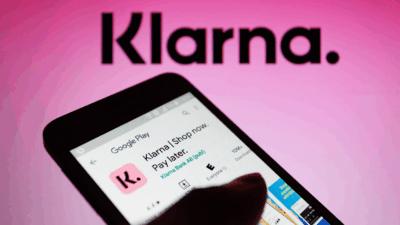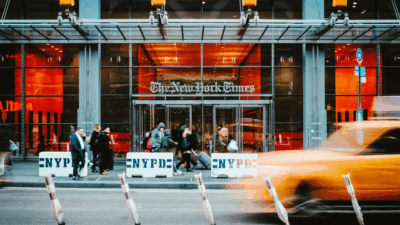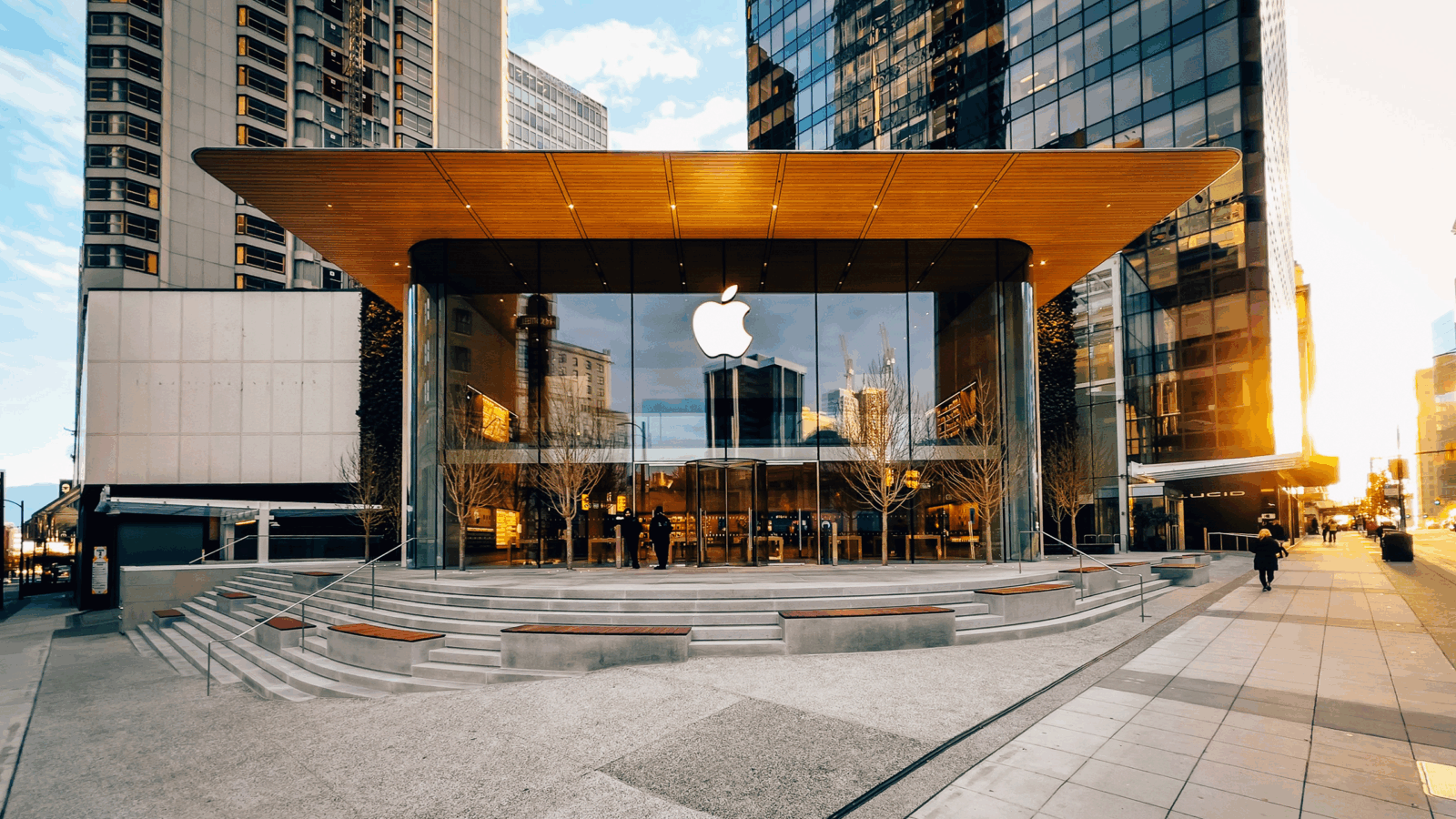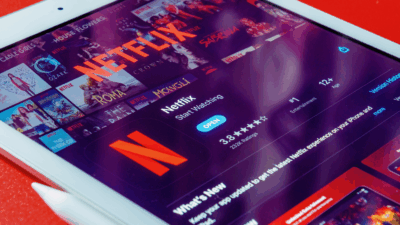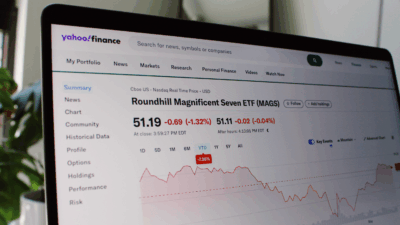Apple Hit With $2 Billion Fine By EU Over Music Streaming
European regulators found that the tech giant broke the region’s laws with its ban against making purchases outside its App Store.
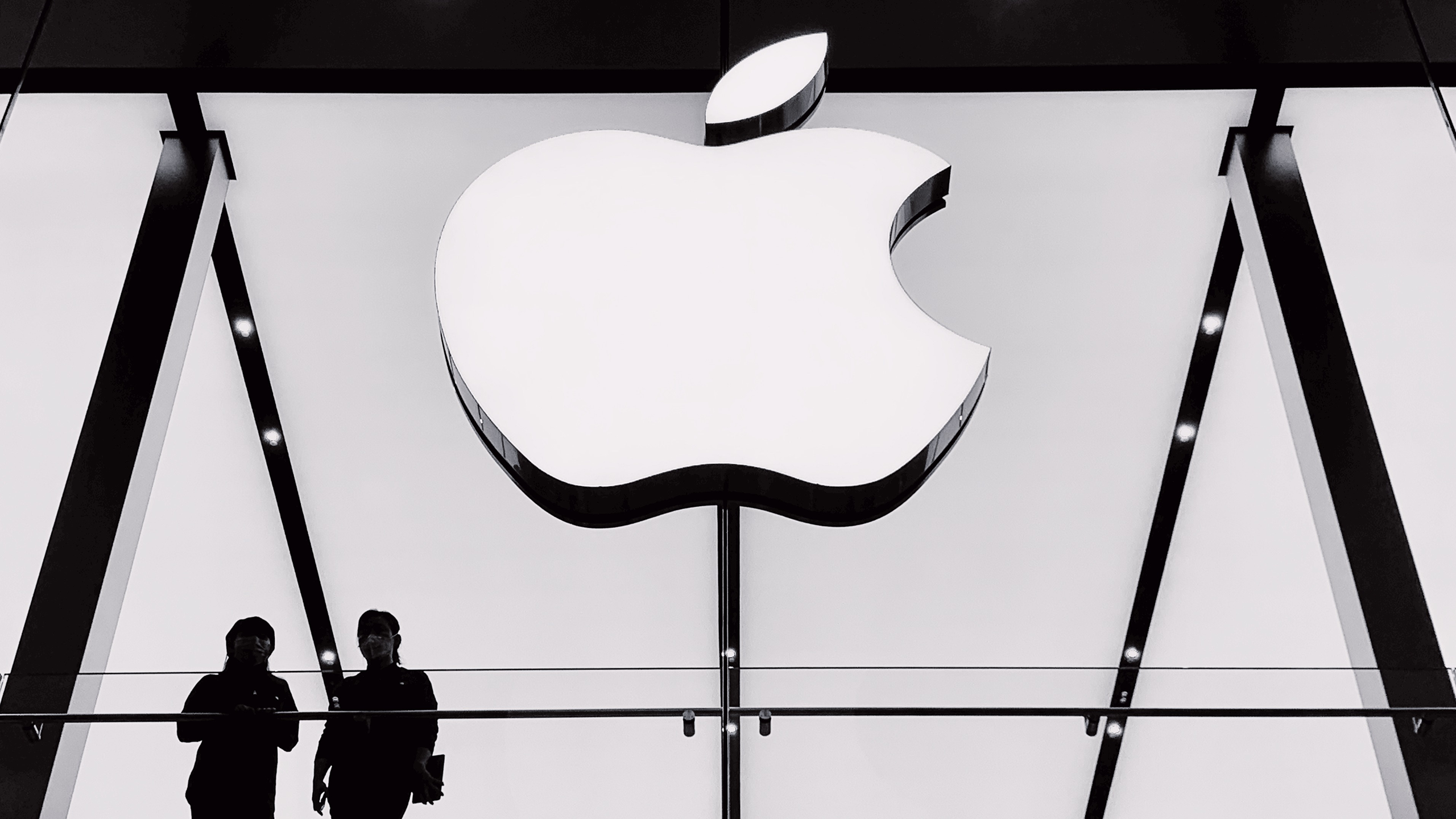
Sign up for smart news, insights, and analysis on the biggest financial stories of the day.
They didn’t merely take a bite of the apple, they practically swallowed it whole.
The European Commission is levying a €1.8 billion ($1.95 billion) fee against Apple over how it dictated terms to music streaming apps on its App Store. The size of the fine came as a shock to some industry watchers, but the commission said it needed to smack Apple with a big fine because, well, it’s a pretty big company. For Apple, the fine (if it survives the appeal Apple says it’s launching) could make it harder to follow its tried and tested playbook of | dictating strict terms to developers with which it later directly competes.
Steering Into a Storm
Apple’s first-ever EU fine starts with Sweden-based Spotify, the world’s largest music streamer, which complained to the EU that Apple’s terms of service on the App Store were artificially inflating Spotify’s prices. That’s because Apple takes a 15%-30% cut of all in-app purchases — e.g. when you buy a Spotify subscription on your iPhone — and simultaneously forbids developers from diverting consumers elsewhere. So Spotify is barred from including a message little text box in your app saying, “Fancy paying less money? Go sign up on your laptop.” That policy is Apple’s “anti-steering” rule.
These practices, combined with Apple offering its own competing music streaming app, are what led to the EU’s chunky fine. The money may not be the worst of it:
- The Commission is ordering Apple to ditch its anti-steering rules. If enforced, developers can direct their app users elsewhere and Apple could surrender a decent chunk of revenue, as a 2023 CNBC analysis found that for the preceding year, about $60 billion in payments went through the App Store, with Apple’s slice somewhere between $9 billion to $18 billion.
- Although this is the first time EU’s competition queen Margrethe Vestager has smacked Apple with a monetary penalty, the bloc has shoved a crowbar into Apple’s garden wall before. Having spent years making devices that only use its bespoke lightning charger, Apple conceded in 2022 that starting this autumn all of its phones sold in Europe will have USB-C ports.
Apple issued a fairly withering response to the EU fine, arguing that if anyone’s a dominant player in music streaming it’s Spotify. But this decision has ramifications beyond music, and Spotify isn’t the only developer-slash-competitor to have complained about Apple’s App Store rules. Still, Apple kept the focus on music and asserted that the music streaming industry is “thriving, competitive, and growing fast.”
Stayin’ Alive: “Thriving” might be an overstatement, as can be attested by UK-based music royalties investment fund Hipgnosis, which owns the rights to songs from artists including Beyoncé, Blondie, and the Red Hot Chili Peppers. Hipgnosis dumped about $465 million in music rights last September, and now the value of its portfolio has slumped more than 25%. Some of Hipgnosis’ problems are unique, but a general waning confidence in the value of its royalties has played a role in its downfall. Singing for your dinner will probably get you an entrée in the streaming era.





